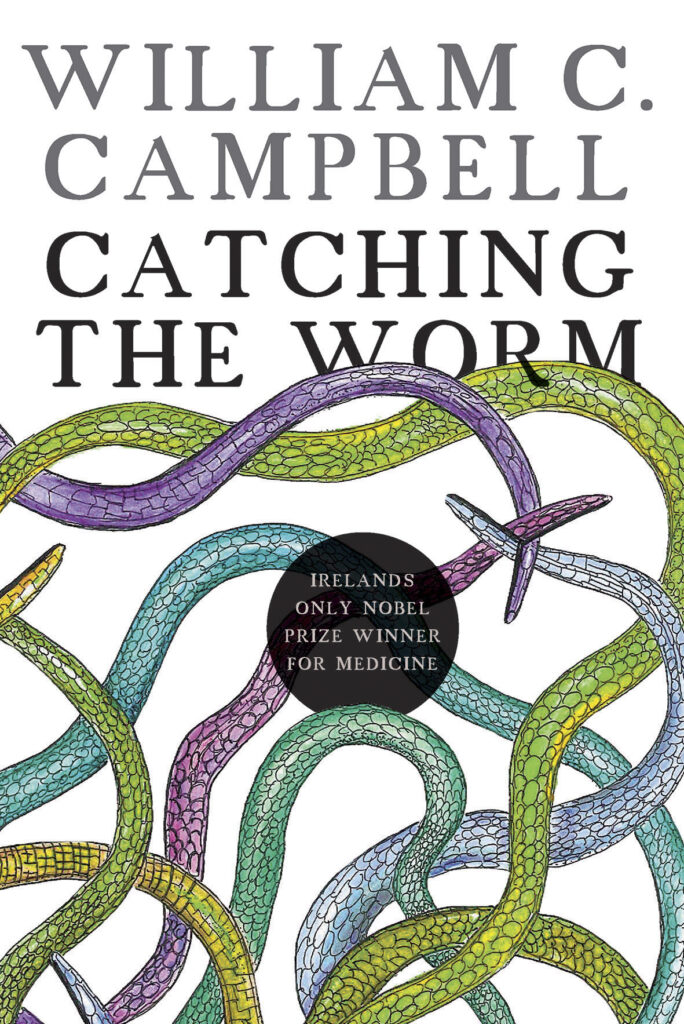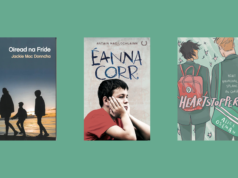Transcript of Catching the Worm co-author Claire O’Connell’s recording for the Royal Irish Academy’s new ‘Meet the Author’ video series.

Meet the authors: Claire O’Connell
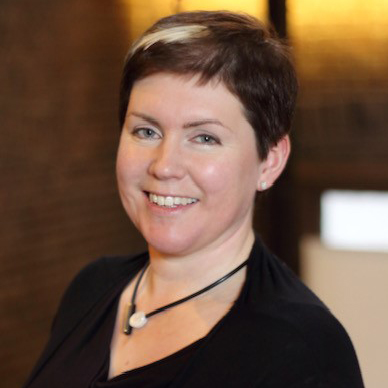
Catching the Worm: towards ending river blindness, and reflections on my life is the memoir, autobiography and insights of Professor William C. Campbell, and the book is published at the time of Bill’s 90th birthday.
In 2015, Bill won a Nobel Prize in physiology or medicine, and when this happened, people in Ireland got very excited. Because Bill is from Ramelton in Donegal, and he is only the second Irish person ever to win a Nobel Prize in the sciences and the first (and so far only) Irish person to have a Nobel Prize in Medicine. He got the honour for his part in the discovery of a medicine called ivermectin, which kills parasites. Ivermectin has had a huge impact on global health, because not only has it been widely used in agriculture, ivermectin has also spared millions of people from a devastating parasitic disease called river blindness.
I am a science writer and journalist and when Bill won the Nobel Prize I interviewed him for the Irish Times. I was very struck with how modest and articulate and intellectually honed he was.
So a few years later when The Royal Irish Academy asked me if I would work with him on this book, I jumped at the chance.
There’s another reason why I wanted to work on the book too. We often hear about discoveries in science, but not so much about the people who make those discoveries. I think it’s also important that the stories of scientists are told. So Bill and myself got to work on telling his story.
One of the most important things we did when we were planning and gathering material for the book was to spend time together. I’m in Dublin and Bill lives in Massachusetts, so we talked on the phone and I also flew over and visited his home, where he and his wife Mary looked after me spectacularly well and we all enjoyed chats about science and family and life in general.
One of the things I really admire about Bill is his energy and his application to work, and we had those conversations not only in the living room, but we also went on hikes in the beautiful countryside around where he lives.
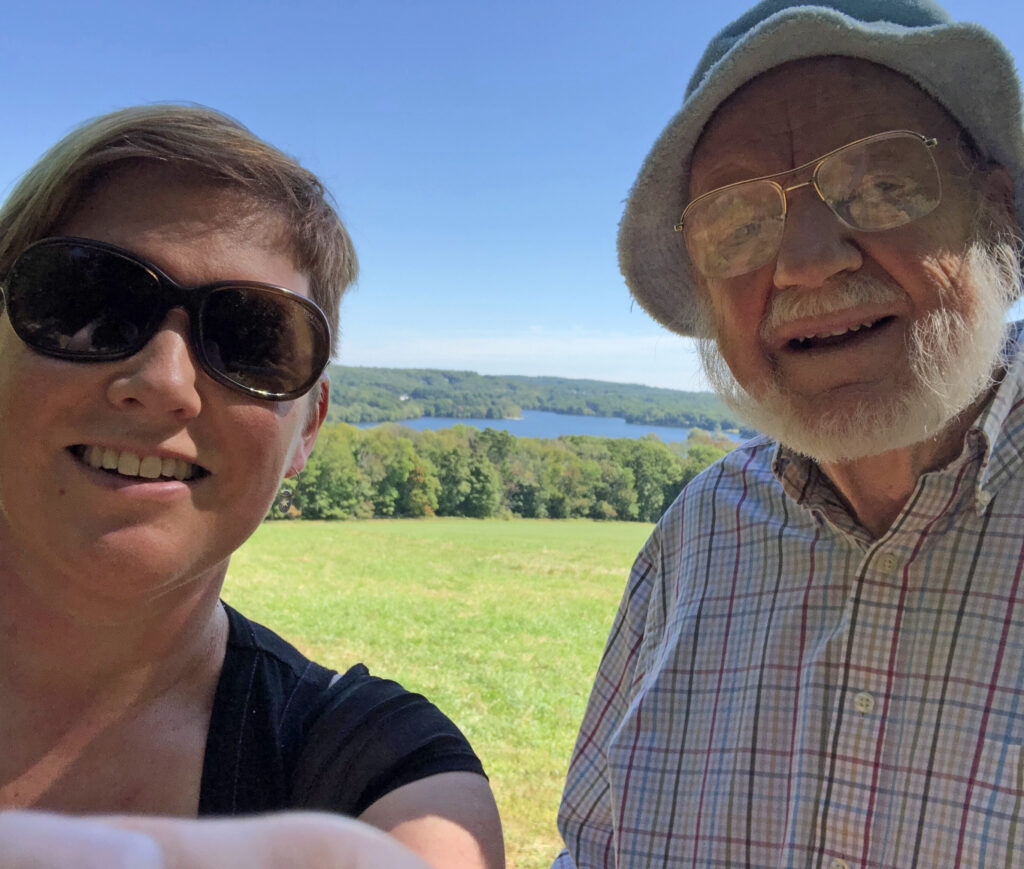
© Claire O’Connell
So picture it – he was striding along up hills and I was running to keep up, with my voice recorder in hand. It was great! We also walked to the lake where he goes kayaking, which was absolutely serene and I can see why he loves it.
Thankfully Bill is a prolific writer. He has written not only scientific and technical pieces for journals and conferences and books, but he has also written many reflective pieces and even poems about science and his thoughts on life. So we had a lot to start off with, and we wove in the memories and insights from our conversations.
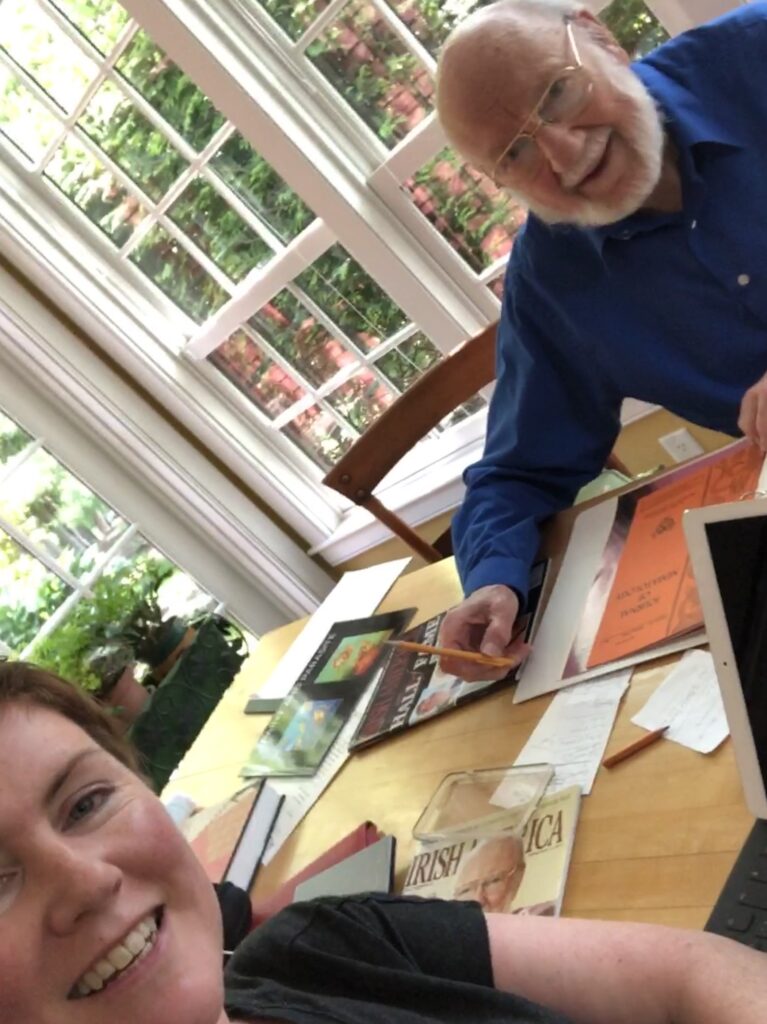
© Claire O’Connell 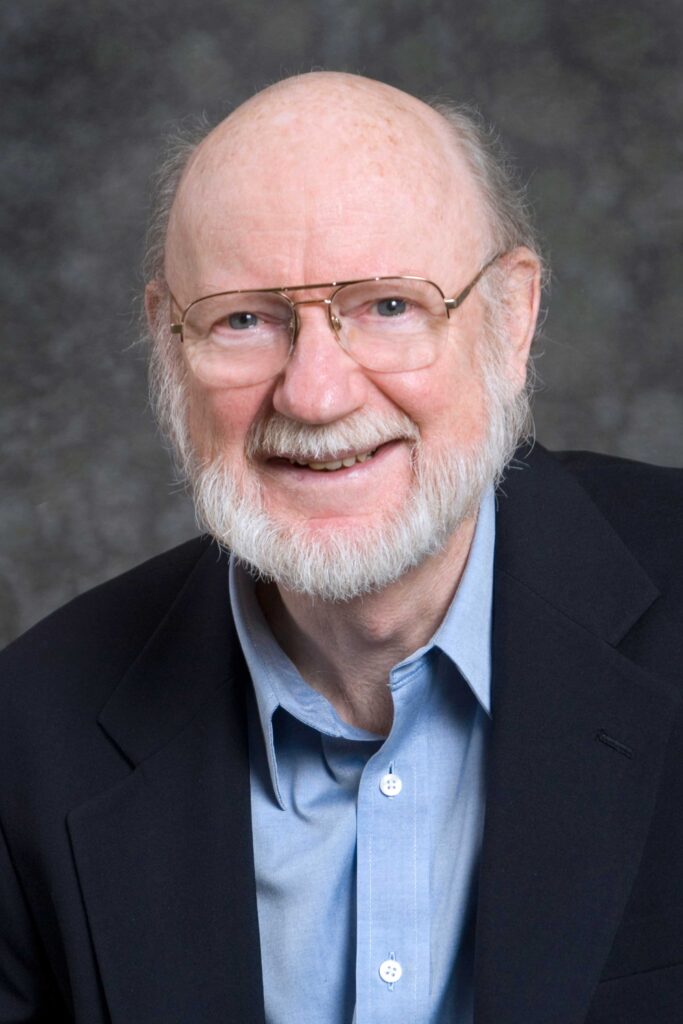
© Shelly Kusnetz, reproduced with permission of Drew University Library
We mapped out the book as a journey through time and space – with Bill growing up in Donegal, where home was very much the centre of action – he was homeschooled and they lived right next to his father’s shop, then Bill went to school at Campbell College in Belfast and he studied at Trinity College Dublin before moving to the United States, where he has been based since, mostly working at the company Merck and then at Drew University.
What I have really enjoyed about working on the book with Bill is hearing his insights not only into science, but also into the arts – Bill is a talented artist and his work is on the cover of the book – and his thoughts about family, history and some of the bigger questions in life.
I was also pleased that even though we grew up in Ireland at different times, Bill spoke about places that were familiar to me, like Bewley’s on Grafton Street, where he would go for coffee with his fellow students from Trinity. I grew up quite close to Grafton Street, so Bewley’s was very familiar to me. I hadn’t been to Ramelton, so my husband and I took a trip there and we even visited the house where Bill grew up. I got goosebumps just from walking up and down the stairs, where I knew he did that as a kid too.
I think one of the biggest practical challenges for me in writing the book was trying to keep me out of it. But as we were writing it, I found that if there was a gap between our conversations, my voice would start to creep into the writing. It might just have been a turn of phrase, but Bill would kindly point out that was not a turn of phrase he would use! And I really appreciated that we could have that working relationship, because ultimately it’s Bill’s story in his voice and I think it’s great. His is a really entertaining and interesting and thoughtful voice. I hope you enjoy the book. {END}
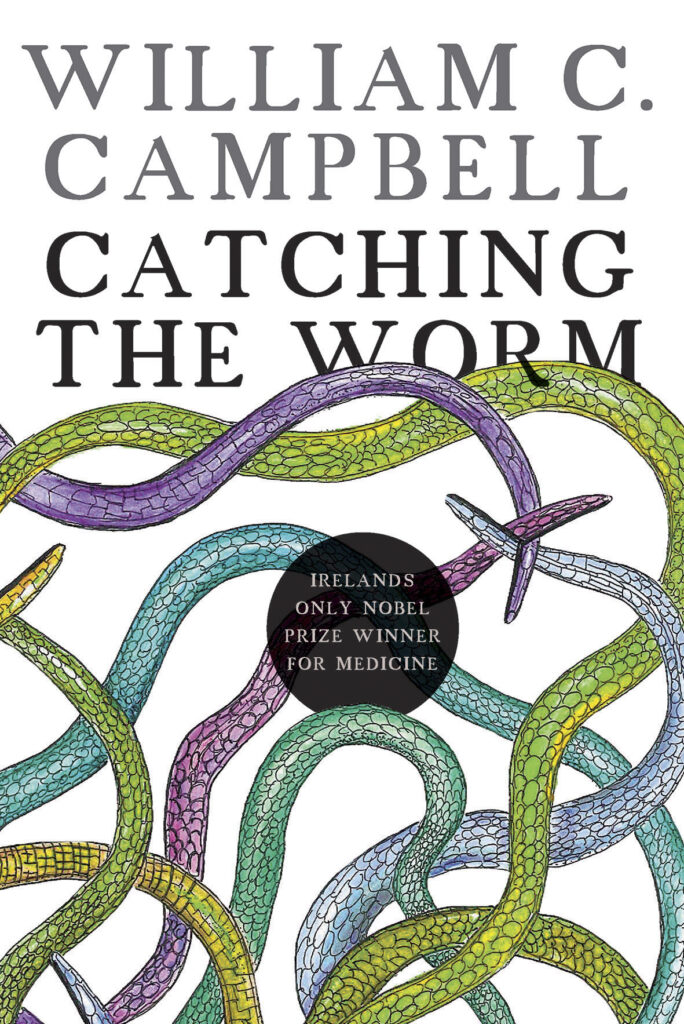
Catching the Worm €24.99, hb, is out now in all good bookshops or available online from Royal Irish Academy: www.ria.ie/catchingtheworm







